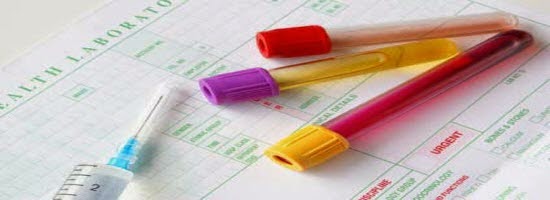(29th July, 2014); It's starting a new era for diagnosis of cancer with a single blood test which bypassing physicians to detect certain symptoms, saving time and preventing costly and unnecessary invasive procedures such as colonoscopies and biopsies. In contrast to present methodologies, it could be a useful aid for investigating patients who are suspected of having a cancer that is currently hard to diagnose.
[adsense:336x280:8701650588]
Scientists from University of Bradford have discovered a simple blood test which can say whether the person has cancer or not. The test named as, Lymphocyte Genome Sensitivity (LGS) test looks leukocytes and measures the damage caused to their DNA when subjected to different intensities of ultraviolet light. The results of study show a clear distinction between the damage to the leukocytes from patients with cancer, with pre-cancerous conditions and from healthy patients.
Professor Diana Anderson and team from University of Bradford had collected blood samples of 208 people. Ninety-four healthy individuals were recruited from staff and students at the University of Bradford and 114 blood samples were collected from patients referred to specialist clinics within Bradford Royal Infirmary prior to diagnosis and treatment. The samples were coded, anonymised, randomised and then exposed to ultraviolet light through five different depths of agar.
[adsense:468x15:2204050025]
The ultraviolet damage was observed in the form of pieces of DNA being pulled in an electric field towards the positive end of the field, causing a comet-like tail. In the LGS test, the longer the tail the more DNA damage, and the measurements correlated to those patients who were ultimately diagnosed with cancer (58), those with pre-cancerous conditions (56) and those who were healthy (94).
The results were highly accurate and published in FASEB Journal, the US journal of the Federation of American Societies for Experimental Biology.
The University of Bradford has already filed patents for the technology and a spin-out company, Oncascan, has been established to commercialise the research.














